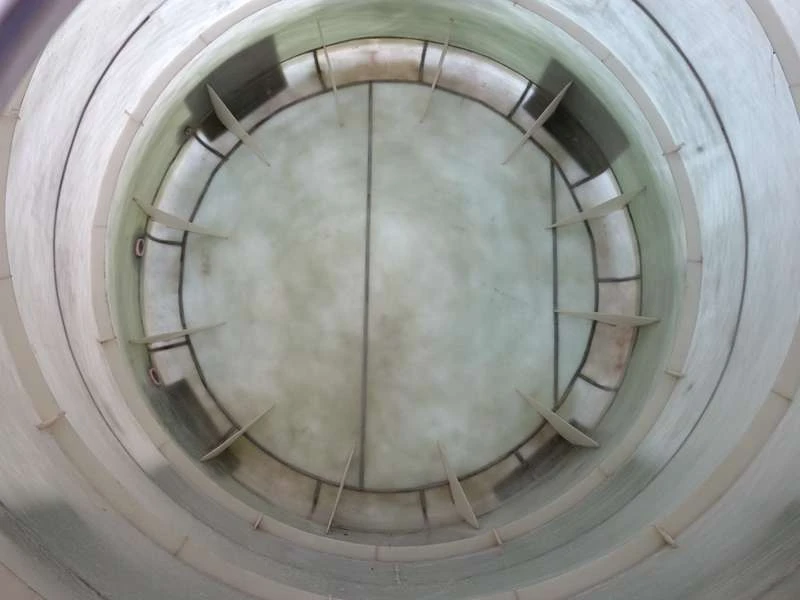
-
 Afrikaans
Afrikaans -
 Albanian
Albanian -
 Amharic
Amharic -
 Arabic
Arabic -
 Armenian
Armenian -
 Azerbaijani
Azerbaijani -
 Basque
Basque -
 Belarusian
Belarusian -
 Bengali
Bengali -
 Bosnian
Bosnian -
 Bulgarian
Bulgarian -
 Catalan
Catalan -
 Cebuano
Cebuano -
 China
China -
 China (Taiwan)
China (Taiwan) -
 Corsican
Corsican -
 Croatian
Croatian -
 Czech
Czech -
 Danish
Danish -
 Dutch
Dutch -
 English
English -
 Esperanto
Esperanto -
 Estonian
Estonian -
 Finnish
Finnish -
 French
French -
 Frisian
Frisian -
 Galician
Galician -
 Georgian
Georgian -
 German
German -
 Greek
Greek -
 Gujarati
Gujarati -
 Haitian Creole
Haitian Creole -
 hausa
hausa -
 hawaiian
hawaiian -
 Hebrew
Hebrew -
 Hindi
Hindi -
 Miao
Miao -
 Hungarian
Hungarian -
 Icelandic
Icelandic -
 igbo
igbo -
 Indonesian
Indonesian -
 irish
irish -
 Italian
Italian -
 Japanese
Japanese -
 Javanese
Javanese -
 Kannada
Kannada -
 kazakh
kazakh -
 Khmer
Khmer -
 Rwandese
Rwandese -
 Korean
Korean -
 Kurdish
Kurdish -
 Kyrgyz
Kyrgyz -
 Lao
Lao -
 Latin
Latin -
 Latvian
Latvian -
 Lithuanian
Lithuanian -
 Luxembourgish
Luxembourgish -
 Macedonian
Macedonian -
 Malgashi
Malgashi -
 Malay
Malay -
 Malayalam
Malayalam -
 Maltese
Maltese -
 Maori
Maori -
 Marathi
Marathi -
 Mongolian
Mongolian -
 Myanmar
Myanmar -
 Nepali
Nepali -
 Norwegian
Norwegian -
 Norwegian
Norwegian -
 Occitan
Occitan -
 Pashto
Pashto -
 Persian
Persian -
 Polish
Polish -
 Portuguese
Portuguese -
 Punjabi
Punjabi -
 Romanian
Romanian -
 Russian
Russian -
 Samoan
Samoan -
 Scottish Gaelic
Scottish Gaelic -
 Serbian
Serbian -
 Sesotho
Sesotho -
 Shona
Shona -
 Sindhi
Sindhi -
 Sinhala
Sinhala -
 Slovak
Slovak -
 Slovenian
Slovenian -
 Somali
Somali -
 Spanish
Spanish -
 Sundanese
Sundanese -
 Swahili
Swahili -
 Swedish
Swedish -
 Tagalog
Tagalog -
 Tajik
Tajik -
 Tamil
Tamil -
 Tatar
Tatar -
 Telugu
Telugu -
 Thai
Thai -
 Turkish
Turkish -
 Turkmen
Turkmen -
 Ukrainian
Ukrainian -
 Urdu
Urdu -
 Uighur
Uighur -
 Uzbek
Uzbek -
 Vietnamese
Vietnamese -
 Welsh
Welsh -
 Bantu
Bantu -
 Yiddish
Yiddish -
 Yoruba
Yoruba -
 Zulu
Zulu
Innovative Fiberglass Clarification Solution for Effective Water Treatment and Solid Management
Fiberglass Clarifier System for Efficient Water Treatment and Solid Separation
In an era of growing environmental awareness and stringent regulations, the need for efficient water treatment solutions has never been more pressing. Among the most innovative technologies developed to aid in this effort is the fiberglass clarifier system. This advanced water treatment solution is designed to enhance the separation of solids from liquids, ensuring that treated water meets quality standards for both industrial and municipal applications.
Understanding the Basics
A clarifier is a device used to remove suspended solids, algae, and other impurities from water, thereby clarifying the liquid and improving its quality. Traditional systems often use concrete or metal for construction; however, fiberglass clarifiers have emerged as a preferred choice due to their several inherent advantages.
Fiberglass, a composite material made from fine glass fibers and resin, offers durability, resistance to corrosion, and lightweight properties. These characteristics make fiberglass clarifiers particularly suitable for various environments, including those with aggressive chemicals or extreme weather conditions.
Advantages of Fiberglass Clarifiers
1. Corrosion Resistance Fiberglass clarifiers are highly resistant to corrosion, making them ideal for wastewater treatment facilities where exposure to harmful chemicals is common. Unlike metal systems, which can corrode over time and require frequent maintenance or replacement, fiberglass provides a long-lasting solution that minimizes downtime and operational costs.
2. Lightweight and Easy Installation The lightweight nature of fiberglass allows for easier transportation and installation. This characteristic is especially beneficial in remote locations or areas with limited access. The reduced weight also lessens the structural load requirements, enabling simpler foundations and support systems.
fiberglass clarifier system for efficient water treatment and solid

3. Cost-Effectiveness While the initial cost of fiberglass clarifiers may be higher than traditional materials, the long-term savings in maintenance, energy efficiency, and durability make them a cost-effective choice. Their longevity reduces the need for frequent replacements and repairs, thus ensuring a better return on investment.
4. Efficient Solid Separation Fiberglass clarifiers are designed with advanced hydraulics to enhance the separation of solids from liquids. The system’s design facilitates the settling of particulates while minimizing re-suspension. The result is a more efficient clarification process, leading to higher quality effluent.
5. Customization Options Fiberglass clarifier systems can be tailored to meet specific operational needs or constraints. Factors such as flow rates, dimensions, and internal configurations can be customized to optimize the system for various applications, whether they be municipal wastewater treatment plants or industrial processes.
Applications in Water Treatment
The applications of fiberglass clarifiers are vast and varied. In municipal settings, these systems can help treat wastewater before it is released into natural water bodies, ensuring compliance with environmental regulations. Additionally, industries such as food and beverage, chemical processing, and mining leverage fiberglass clarifiers to achieve effective separation of solids and improve water recycling efforts.
Moreover, the versatility of fiberglass clarifiers has made them a significant player in stormwater management systems, where they help mitigate flooding and improve the quality of runoff water. Their capacity to handle variable flow conditions makes them an essential component in sustainable water management practices.
Conclusion
In summary, the fiberglass clarifier system represents a significant advancement in water treatment technology. With their corrosion resistance, lightweight nature, cost-effectiveness, and efficient solid separation capabilities, these systems stand out as a reliable solution for modern water treatment challenges. As industries and municipalities face increasing pressure to meet environmental standards, the adoption of fiberglass clarifiers will undoubtedly play a crucial role in promoting cleaner water and sustainable practices. By investing in innovative technologies like fiberglass clarifiers, we can safeguard our water resources for future generations while ensuring the operational effectiveness of water treatment processes today.









